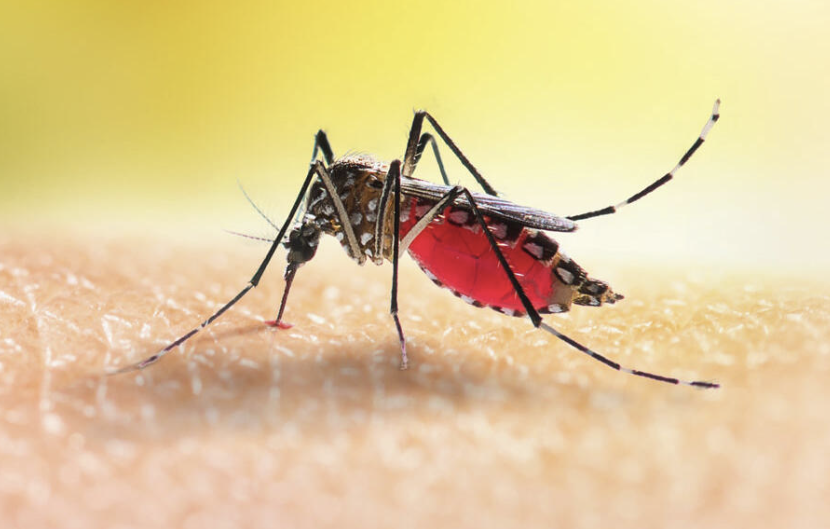
39,000 children to get malaria drugs as Turkana battles surge
The county has a 39 per cent disease prevalence. Reports 7,000 cases every week
Malaria kills more than 600,000 people each year.
In Summary

Audio By Vocalize

Malaria is spread through the bite of a female Anopheles mosquito infected with the Plasmodium parasite
The fight against malaria — one of humanity’s oldest and deadliest diseases — has received a major boost after the World Health Organization recommended spatial repellents as an innovative tool to combat insect-borne illnesses.
For the first time in a quarter of a century, WHO has added a new category of vector control tools to its policy framework, naming SC Johnson’s Guardian™ and Mosquito Shield™ spatial repellents as safe, effective and scalable interventions. The recommendation means the products can now be procured through global health channels, opening the door for widespread distribution in malaria-endemic regions.
The decision crowns more than a decade of work and over $100 million (Sh12.9 billion) in investment by SC Johnson, which has long pursued the repellents as part of a not-for-profit initiative.
“This important milestone comes after years of relentless effort, testing and dedication by thousands of SC Johnson people around the world,” Chairman and CEO Fisk Johnson said. “From the start, this was driven by one mission — to protect millions of people from deadly mosquito-borne diseases.”
Malaria continues to pose a staggering burden. In 2023, there were an estimated 263 million cases globally, leading to nearly 600,000 deaths.
Africa carries the heaviest toll, accounting for 94 per cent of infections and 95 per cent of deaths, with children under five making up three quarters of the victims. For families across the region, each rainy season brings renewed fear of the preventable disease.
Spatial repellents could help change that reality. Roughly the size of a sheet of paper, the devices release an active ingredient that repels mosquitoes from homes, schools and semi-enclosed spaces.
By reducing bites, they lower transmission risk by up to 33 per cent, according to clinical trials conducted in Indonesia, Peru and Kenya. Guardian offers protection for up to a year, making it one of the most durable interventions available.
Unlike insecticide-treated nets and indoor spraying, which require repeated large-scale campaigns, spatial repellents are low-cost, long-lasting and simple to use — making them accessible for communities with limited resources.
Humanitarian organisations have already embraced them. SC Johnson has partnered with The MENTOR Initiative, Society for Family Health Rwanda, United to Beat Malaria and health ministries to distribute repellents in some of the world’s most vulnerable regions.
The WHO endorsement is expected to accelerate these efforts. To meet anticipated demand, SC Johnson has opened two high-speed manufacturing lines in Nairobi capable of producing 20 million Guardian units annually. Another line in Pilar, Argentina, set to begin production next year, will double output to 40 million units a year.
Since 2013, SC Johnson’s broader public health initiatives have already reached more than 110 million people through awareness campaigns and distribution of life-saving tools.
With the latest WHO recommendation, the company believes it can scale impact even further, delivering new hope to communities where malaria has long stunted progress.
For a disease that has resisted eradication for centuries, every new tool matters. Spatial repellents may not be a silver bullet, but as part of a broader arsenal — including bed nets, medicines and vaccines — they could help tip the balance in favour of vulnerable families. For millions of children across Africa, that could mean not just surviving another rainy season, but living long enough to thrive.

The county has a 39 per cent disease prevalence. Reports 7,000 cases every week